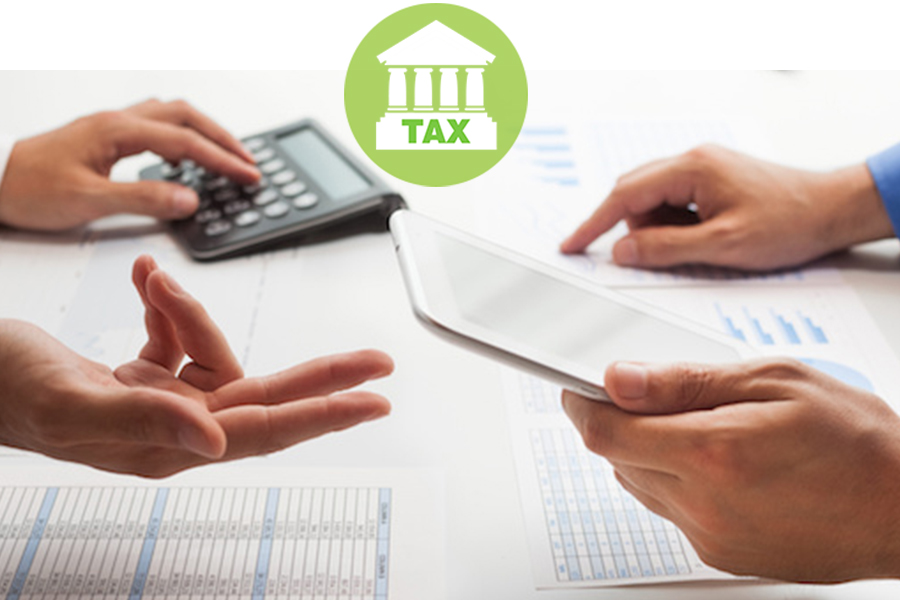
The following information accompanies the “Control the timing of income and deductions to your tax advantage” blog post.
To help the self-employed — and employers — during the COVID-19 crisis, the CARES Act allows the payment of the employer share (6.2% of wages) of the Social Security payroll tax to be deferred. Taxpayers can pay the tax over the next two years, with the first half due by Dec. 31, 2021, and the second half due by Dec. 31, 2022. Be aware that, as of this writing, it appears that the deferral of the employee share of Social Security taxes noted under “Payroll taxes” at left isn’t available to the self-employed.
If you have employees, additional payroll tax breaks may be available to you:
Payroll tax credit.
Under the CARES Act, this credit is generally available to employers whose operations have been fully or partially suspended because of a COVID-19-related governmental shutdown order or whose gross receipts have dropped more than 50% compared to the same quarter in the previous year. The credit equals 50% of up to $10,000 in compensation, including health care bene- fits, paid to an eligible employee after March 12, 2020, through Dec. 31, 2020.
Paid leave credit.
The Families First Coronavirus Response Act generally requires employers with fewer than 500 employees to provide paid leave in certain COVID-19-related situations. Covered employers generally can take a federal payroll tax credit for 100% of the qualified sick and family leave wages they pay each quarter, up to $511 per day for leave taken for the employee’s own illness or quarantine and $200 for leaves taken to care for others.
Additional rules and limits apply to these breaks, and it’s possible they could be expanded or extended by the time you’re reading this or that additional relief for employers could become available. Contact your IMC tax professional for the latest information.
